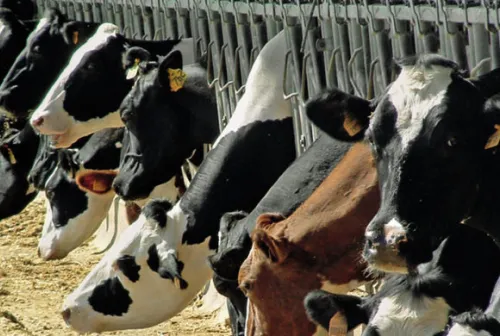DigiFarm: successful conclusion of the project for a more efficient and sustainable livestock sector

The DigiFarm project has successfully concluded. This industrial Proof of Concept (POC), funded through the cascade call Line A, was developed to provide innovative tools to dairy sector enterprises, with the goal of improving nutritional and economic efficiency in milk production.
At the heart of the project lies a well-known challenge for farmers: feed costs can account for up to 60% of the total cost of milk production. DigiFarm tackled this issue by developing a simple, effective, and easily applicable assessment model, based on a system of aggregated indicators capable of delivering a clear picture of farm performance—even with minimal field data.
The strength of the model lies in its accessibility: it does not require full corporate accounting and can be adopted even by small and medium-sized enterprises, which make up the majority of Italy’s livestock production sector.
By integrating technical and economic data, DigiFarm overcomes the limitations of partial indicators, which are often affected by external variables such as market fluctuations in feed or milk prices. The model enables precise identification of areas for improvement, enhancing production efficiency and economic sustainability for the farms involved.
The results gathered during implementation confirm the model’s effectiveness: good feed conversion efficiency, satisfactory milk quality, and cost coverage even in less favorable market conditions.
Beyond operational benefits, DigiFarm has also had a positive impact in terms of training and professional development, strengthening participants’ skills in livestock data analysis, efficiency modeling, and knowledge transfer to the production sector.
DigiFarm stands as a concrete example of how digital innovation can support the agro-food sector’s transition toward more resilient, sustainable, and quality-driven production models—fully aligned with the priorities of the new European agriculture.
